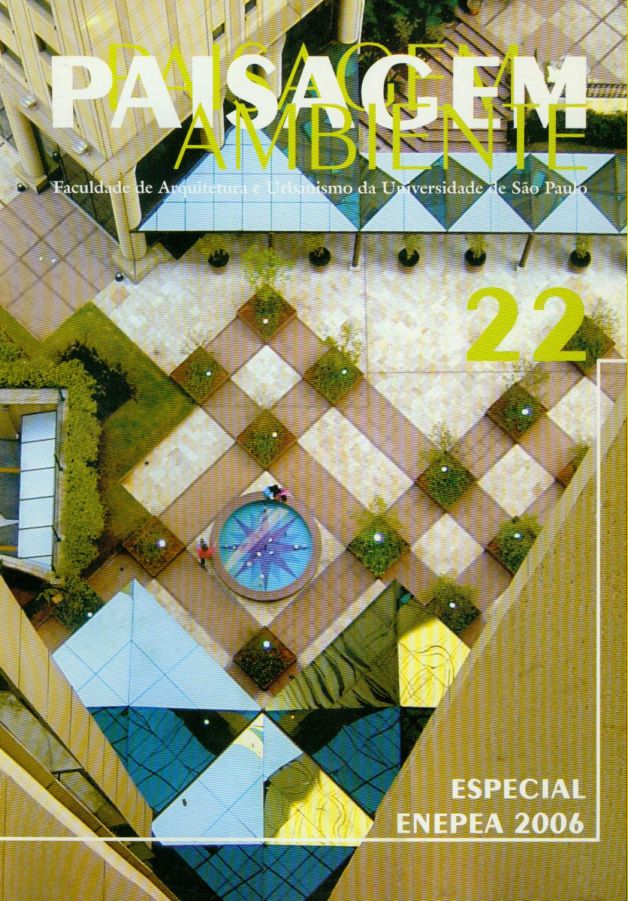New paradigms for teaching and planning the contemporary landscape
DOI:
https://doi.org/10.11606/issn.2359-5361.v0i22p41-49Keywords:
Planning paradigms. Participation. Empowerment. Sustainability.Abstract
The urban conditions of life have, since the XIXth century, posed challenges do the planning profession. This essay looks at the gaps in time between these challenges and the professional responses to urban problems, and in particular the landscape planning responses. Its main objective is to discuss the current and currently shaping paradigms and how they are considered in undergraduate programs. It analyses the curricula of three representative programs in Belo Horizonte, Brasil, evaluating contents and their relationship to contemporary planning needs. Results show that the programs include some important contemporary contents, but present structures badly suited to all-encompassing, process-oriented experiences. Recommendations aim at a critical and reflexive professional, prepared to deal with interdisciplinary issues, concerned with the social sciences and the environment. These qualities seem to be fundamental to responsibly plan the urban contemporary landscape.Downloads
Download data is not yet available.
Downloads
Published
2006-12-04
Issue
Section
ENEPEA
License

A revista Paisagem e Ambiente: ensaios tem licença Creative Commons
Creative Commons - Atribuição-NãoComercial-CompartilhaIgual 4.0 Internacional
DIADORIM - Diretório de Políticas Editoriais
O detentor dos direitos autorais é o autor do artigo. A revista exige apenas o ineditismo na publicação do artigo. O autor tem do direito de divulgar seu artigo conforme sua conveniência.
How to Cite
Álvares, L. C., Tibo, G. L., & Safe, S. S. (2006). New paradigms for teaching and planning the contemporary landscape. Paisagem E Ambiente, 22, 41-49. https://doi.org/10.11606/issn.2359-5361.v0i22p41-49


